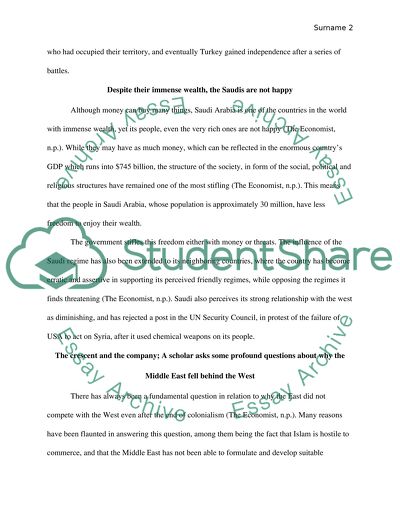Cite this document
(“Summarizing Essay Example | Topics and Well Written Essays - 1250 words”, n.d.)
Retrieved from https://studentshare.org/history/1634590-summarizing
Retrieved from https://studentshare.org/history/1634590-summarizing
(Summarizing Essay Example | Topics and Well Written Essays - 1250 Words)
https://studentshare.org/history/1634590-summarizing.
https://studentshare.org/history/1634590-summarizing.
“Summarizing Essay Example | Topics and Well Written Essays - 1250 Words”, n.d. https://studentshare.org/history/1634590-summarizing.


